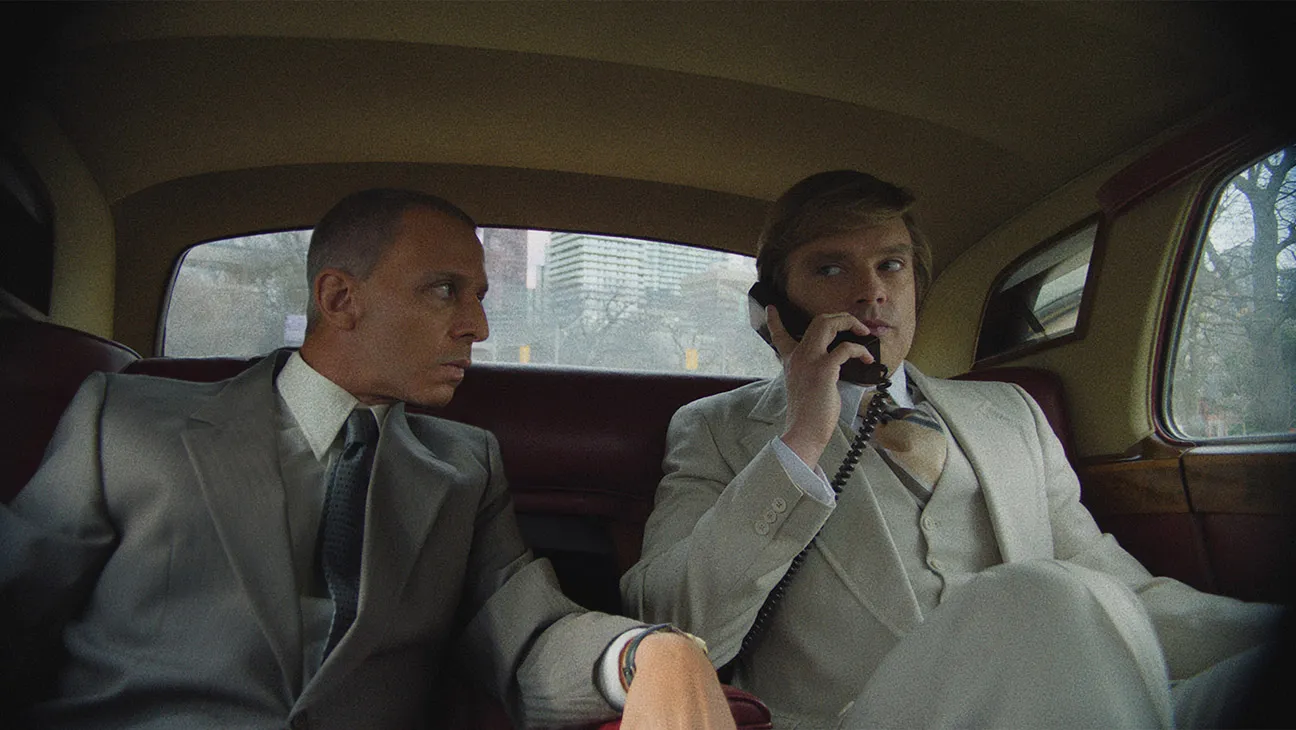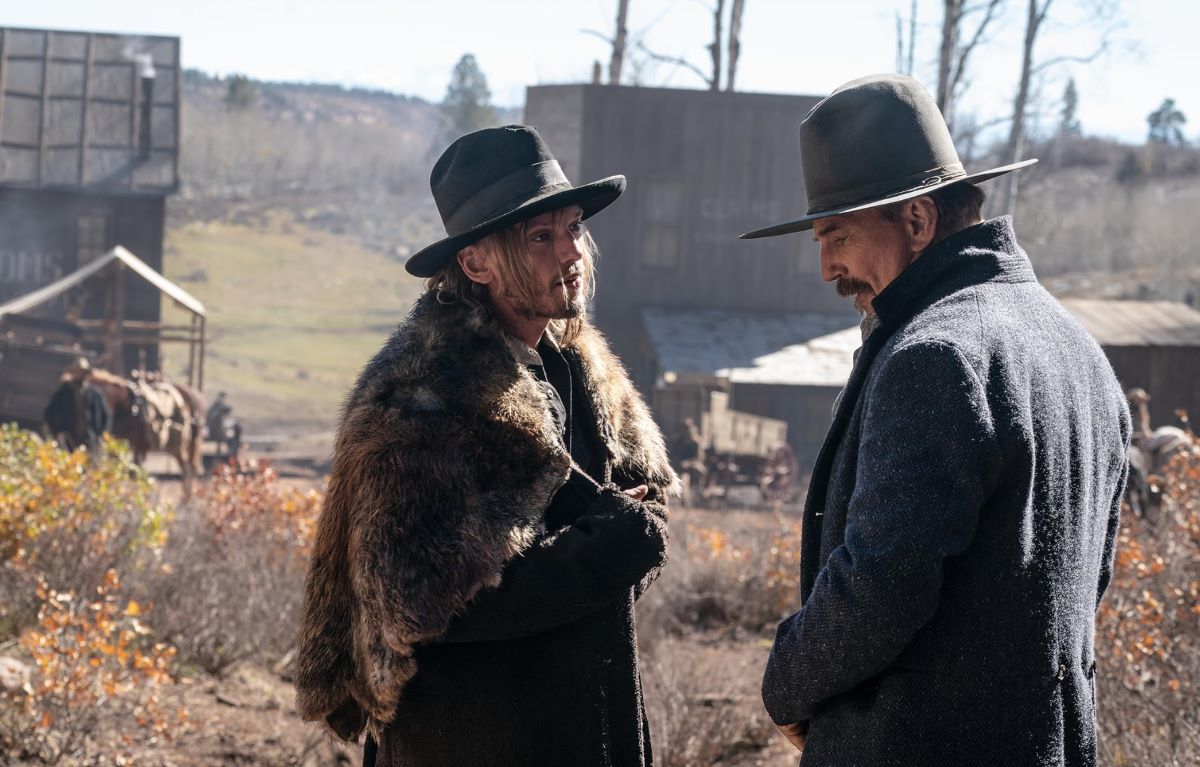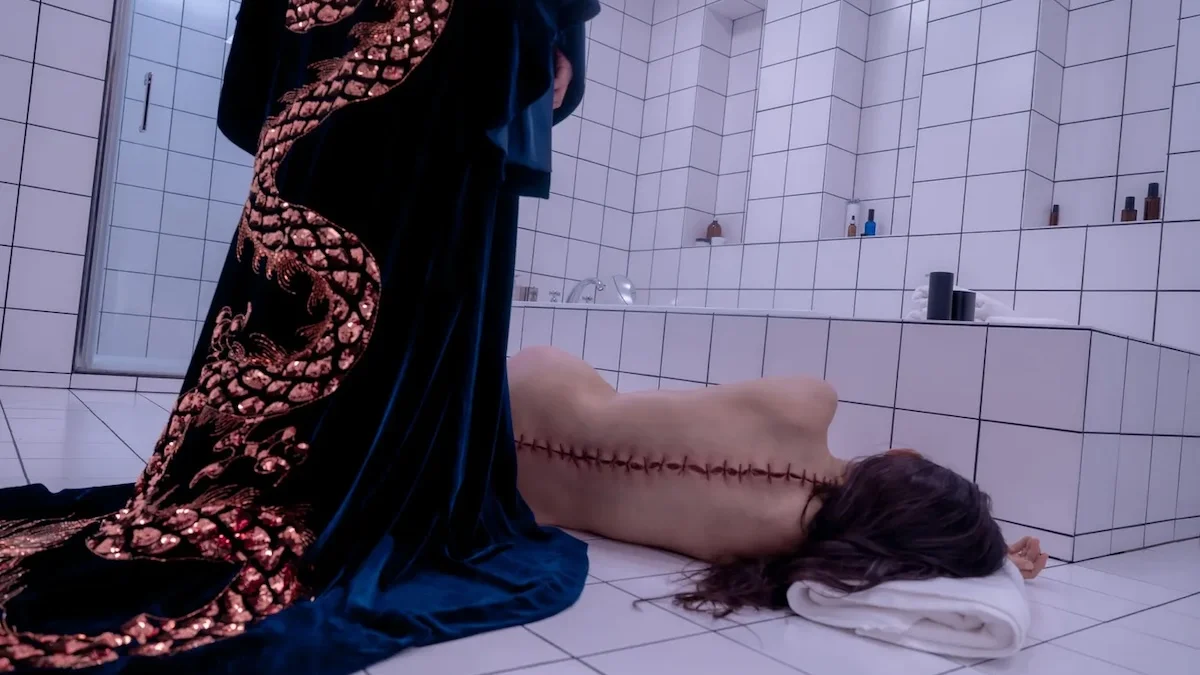MOVIE REVIEWS
Challengers (2024)
Directed by Luca Guadagnino
Luca Guadagnino’s Challengers explores the deep connections between tennis and cinema through the story of Tashi and her relationships with two male protagonists. The film, described as a “religious” experience of tennis, showcases how the sport’s dynamics mirror those of life and cinema.
* * *
by Gianni Canova
Recommendation: Before or after watching Challengers, read the New York Times Magazine essay “Federer as Religious Experience” by David Foster Wallace. This vademecum is essential for understanding the court Luca Guadagnino has set up in his latest film. Wallace uniquely captures the “religious” nature of tennis, stemming from the Latin religio, meaning “to bind.”
“Tennis is a relationship,” says Tashi, the female protagonist, echoed by the male leads: “All we talk about is tennis.” Tennis unites them, binding them to each other and to her. It is a mystical connection, encompassing body, effort, tension, thought, and sex. For Guadagnino, the bond extends beyond the court to the cinema itself. Both tennis and film are played on rectangular spaces (the court, the screen). Both involve the concepts of in and out, field and off-field (vision and ball). Both use the word “set”—in film, the filming location; in tennis, the division of the match.
From the start, Guadagnino makes it clear we are discussing cinema: the opening sequence of the first set shows the spectators’ heads moving left to right like living metronomes, a nod to Hitchcock’s Strangers on a Train. The camera then zeroes in on the only face not moving in sync—Tashi’s. Is she an umpire? A muse? A priestess? Courtesan?
Challengers centers around this dynamic: a woman, two men. A court, a net. A lifelong match. The ball bouncing back and forth. Tashi, the priestess of tennis, initiates them into the mysteries of sex. A scene where she kisses both men simultaneously forms an erotic triangulation of lips and tongues, evoking Leone’s The Good, the Bad and the Ugly or the initiation in Bertolucci’s 1900. Tashi officiates the rite of binding, connecting bodies and souls.
Like a tennis net, Tashi both divides and unites the players/lovers in their shared destiny. Life is an endless match, as is cinema. Sam Fuller said a film is a battlefield; Guadagnino counters, a film is a tennis court. A red-clay rectangle where life shapes itself, shattering trajectories and geometries.
In the last half-hour of Challengers, the erotic religion of tennis reaches the sublime. When the two friends/enemies reach the decisive match point in the third set, time suspends, geometries collapse, and the rhythm becomes frantic. The court, seen from below, becomes transparent, showing the game from underneath. The soundtrack by Trent Reznor and Atticus Ross transforms each ball bounce into a cannon shot, turning the match into a techno-metal rave party. Sweat drops fall like bullets, and the balls resemble gunshots. Just before the serve that decides the match, one player places the ball where his opponent usually does—indicating that the game is more than tennis; it’s a confession of shared sexual history with Tashi, who is the net that divides and unites.
Where does the last ball land? In or out? The ball may never fall. We’re at the cinema, not on a court. The tennis set ends; the film set remains. The focus shifts from the ball to the bodies that suddenly embrace, binding together. Tennis is a connection? Absolutely. So is cinema. David Foster Wallace was right, and so is Guadagnino. Cinema, like tennis, is a “religious” experience.





